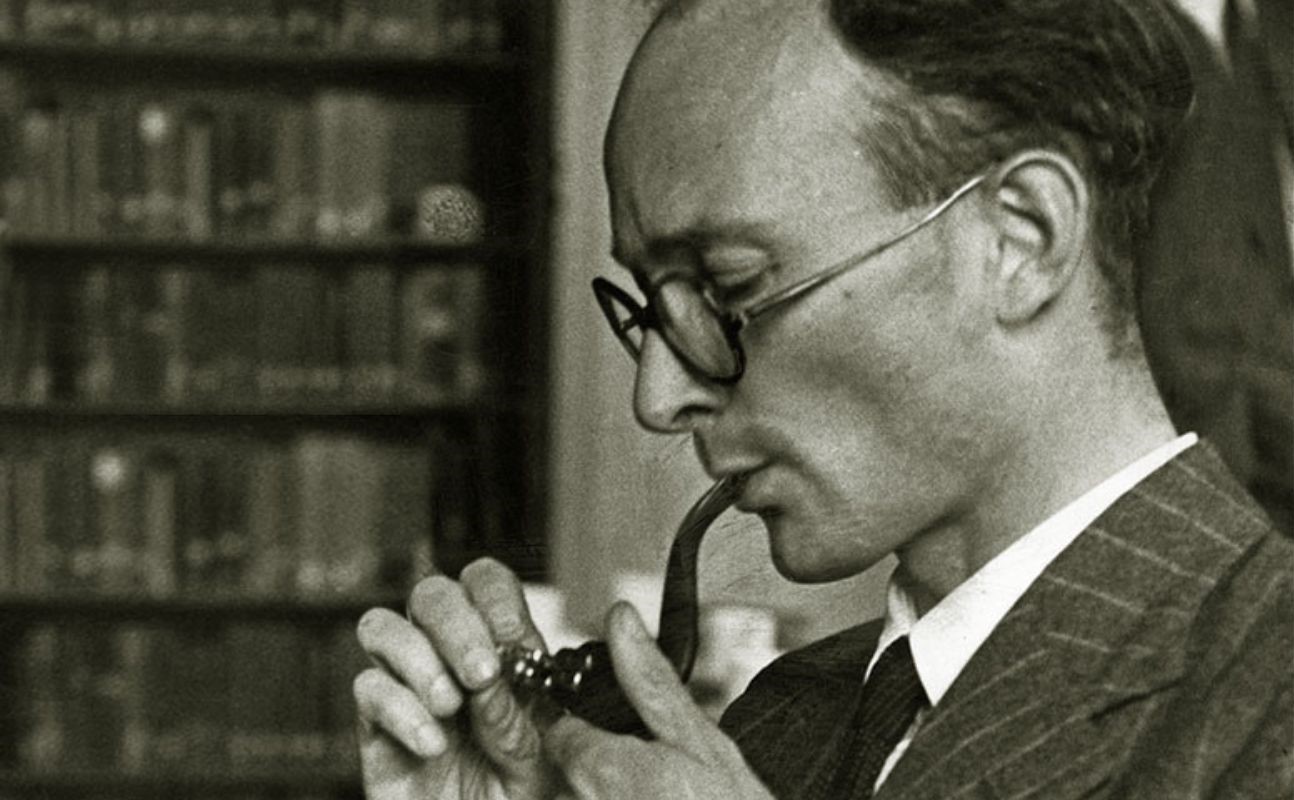
J.L. Austin, a prominent figure in the field of philosophy, has left a lasting impact on the study of language, communication, and speech acts. His groundbreaking work and influential ideas continue to shape our understanding of how language functions in various contexts.
In this article, we will delve into nine intriguing facts about J.L. Austin that shed light on his life, his intellectual contributions, and his legacy. From his groundbreaking theory of speech acts to his involvement with ordinary language philosophy, Austin’s ideas have challenged traditional notions of language and have opened up new avenues of exploration within the field of philosophy.
So, without further ado, let’s dive into the fascinating world of J.L. Austin and uncover some lesser-known aspects of his life and work!
Key Takeaways:
- J.L. Austin revolutionized language philosophy with the idea that speaking isn’t just about words, but also about taking action through speech. His work continues to influence how we understand communication.
- Despite facing health challenges, J.L. Austin’s ideas on speech acts and ordinary language remain influential in linguistics and philosophy, shaping our understanding of communication and the power of language.
J.L. Austin was a renowned philosopher.
J.L. Austin, short for John Langshaw Austin, was a highly influential British philosopher. His work in the field of philosophy of language and speech acts revolutionized the way we understand linguistic communication.
Austin’s concept of speech acts challenged traditional language philosophy.
Austin introduced the concept of speech acts, which focuses on the performative aspect of language. He argued that the utterance of words is not just about conveying information, but also about performing actions and affecting the world.
His groundbreaking book, “How to Do Things With Words,” remains a seminal work in philosophy.
In this book, Austin elaborated on his theory of speech acts and explored the different ways in which language can be used to perform actions. It continues to be widely studied and referenced in the field of linguistics.
Austin coined the term “performative utterance.”
Austin introduced the concept of performative utterances, which are statements that do not simply describe the world but actually bring about a change in the world through the act of speaking. Examples include declarations, promises, and vows.
He was a leading figure in the philosophy of ordinary language.
Austin emphasized the importance of understanding how language is used in everyday contexts and criticized the focus on abstract or idealized language. He believed that studying ordinary language is crucial for understanding how language works in practice.
Austin was a professor at the University of Oxford.
He held the position of White’s Professor of Moral Philosophy at the University of Oxford, where he made significant contributions to the philosophy department and influenced numerous students and scholars.
His work had a major impact on the development of speech act theory.
Austin’s ideas on speech acts laid the foundation for further developments in the field, including the work of philosopher John Searle, who expanded and refined Austin’s theories in his own influential book, “Speech Acts: An Essay in the Philosophy of Language.
He suffered from poor health throughout his life.
Austin had a delicate constitution and faced numerous health issues, which impacted his productivity and limited his ability to engage in academic activities. Nevertheless, he persisted in his intellectual pursuits and made lasting contributions to philosophy.
Austin’s work continues to shape linguistic and philosophical discourse.
His ideas on speech acts, ordinary language, and the performative nature of language remain highly influential in the fields of linguistics, philosophy of language, and communication studies. His impact can be seen in contemporary discussions on language, meaning, and action.
Conclusion
Through examining the life and work of J.L. Austin, it becomes evident that his contributions to philosophy and linguistics are truly fascinating. From his groundbreaking concept of performative utterances to his influential theory of speech acts, Austin revolutionized how we understand the nature of language and communication.
Austin’s emphasis on the pragmatic aspects of language has had a profound impact on various disciplines, including philosophy, linguistics, and even law. His ideas continue to shape the way we analyze and interpret language use in everyday life.
Furthermore, Austin’s compelling personality and dedication to intellectual pursuits offer a unique lens through which we can explore the complexities of the human mind and our shared understanding of the world.
In conclusion, J.L. Austin’s legacy as a philosopher, linguist, and intellectual trailblazer cannot be understated. His insights into language and communication have paved the way for new avenues of research and understanding. By delving into his life and ideas, we can enrich our own understanding of language, thought, and the intricate nature of human interaction.
FAQs
Q: What are some key accomplishments of J.L. Austin?
A: J.L. Austin is renowned for his work on philosophy of language and speech acts. His concept of performative utterances and his influential book “How to Do Things with Words” are among his most significant contributions to the field.
Q: How did J.L. Austin revolutionize our understanding of language?
A: Austin challenged the traditional view that language primarily functions to describe or represent reality. Instead, he focused on the performative aspects of language and argued that speech acts have the power to perform actions and affect the reality in which they are uttered.
Q: What is the importance of Austin’s theory of speech acts?
A: Austin’s theory of speech acts introduced the notion that utterances have illocutionary force, meaning they can accomplish actions in addition to conveying information. This framework has had a profound impact on fields such as linguistics, philosophy, communication studies, and even law.
Q: Are Austin’s ideas still relevant today?
A: Absolutely. Austin’s concepts and theories continue to shape contemporary discussions on language, communication, and the power of speech. His ideas have influenced various areas of study, including pragmatics, sociolinguistics, and the analysis of discourse.
Q: What was J.L. Austin’s impact on the field of philosophy?
A: Austin’s theories challenged traditional philosophical views on language and representation. He paved the way for the development of speech act theory and opened up new avenues for investigating the relationship between language, meaning, and action.
Was this page helpful?
Our commitment to delivering trustworthy and engaging content is at the heart of what we do. Each fact on our site is contributed by real users like you, bringing a wealth of diverse insights and information. To ensure the highest standards of accuracy and reliability, our dedicated editors meticulously review each submission. This process guarantees that the facts we share are not only fascinating but also credible. Trust in our commitment to quality and authenticity as you explore and learn with us.


